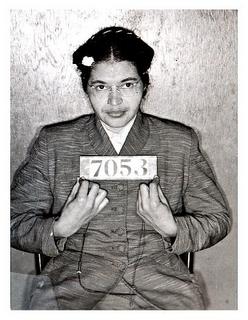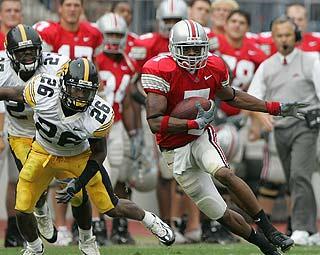 GUEST POST BY WEBHUB
GUEST POST BY WEBHUB Those watching the Roberts confirmation hearings will recall witnesses extolling the nominee's "pro bono" work while at the silk stocking firm Hogan & Hartson. "Pro bono" of course is free legal work for the poor.
Many lawyers who represent people rather than corporations devote much of their professional lives to "pro bono." They make their livelihoods taking the case of the little guy who got screwed, but can't afford to pay the lawyer. Such lawyers often don't get paid what they should, either because the client could only afford a fraction of what the lawyer's nominal hourly rate might be, or else the entire case was undertaken on the contingency that there would be some sort of recovery. Such lawyers often have modest incomes and lifestyles.
On the other hand, there are mega-firms like Hogan & Hartson (Roberts' firm) and Locke Purnell Boren Laney & Neely (Harriet Miers' mega-firm in Dallas). These firms represent corporations--really big ones. At Locke Purnell, Miers' leading clients were Microsoft Corp., Walt Disney Co., and Republic National Bank. Such firms love to tout their "pro bono" programs.
I doubt you'll hear the names Republic National Bank or Microsoft at Miers' upcoming confirmation hearing. I'll guarantee, however, that you'll hear much about the "pro bono" work Miers did at Locke Purnell.
During Roberts' recent confirmation hearing, while wintesses were extolling the nominee's "pro bono" work at Hogan & Hartson, I couldn't get my mind off of his financial statement. Soon after the nomination was made public, the NYT had linked to Roberts' official financial disclosure form showing a net worth of about $5 million (he's heavy into mutual funds). Not bad for a guy who spent a good chunk of his career as a government lawyer, and a testament to just how lucrative it is being a partner in a prestigious mega-firm.
With far more years as mega-firm partner, Miers' soon-to-be-released financial statement undoubtedly will put Roberts' numbers to shame. Remember that statement when the witnesses and senators start extolling Ms. Miers' "pro bono" work at Locke Purnell.
And ask yourself why lawyers who represent human beings--and who make up the bulk of real "pro bono"--seldom get nominated to the Supreme Court.













